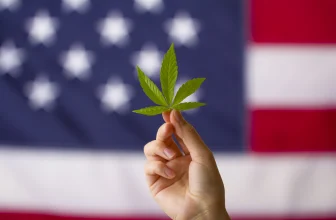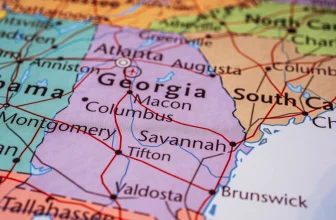
Cannabis consumption is “significantly associated” with reducing opioid cravings among people who use them, according to a new study.
The study, “Cannabis use to manage opioid cravings among people who use unregulated opioids during a drug toxicity crisis,” was published in the International Journal of Drug Policy. The study was conducted by researchers at the British Columbia Centre on Substance Abuse and the UCLA Center for Cannabis and Cannabinoids.
Nearly three in five (57.6%) study participants reported consuming cannabis to manage opioid cravings. Furthermore, a multivariable analysis found that cannabis consumption “was significantly associated with self-reported reductions in opioid use,” the study’s authors wrote.
“These findings indicate that cannabis use to manage opioid cravings is a prevalent motivation for cannabis use among PWUO (people who use unregulated opioids) and is associated with self-assessed reductions in opioid use during periods of cannabis use,” the researchers wrote in their conclusion. “Increasing the accessibility of cannabis products for therapeutic use may be a useful supplementary strategy to mitigate exposure to unregulated opioids and associated harm during the ongoing drug toxicity crisis.”
The researchers collected data from 205 people who consume cannabis and unregulated opioids between Dec. 2019 and Nov. 2021. Each of the study’s participants reported opioid use in the last six months.
The study was funded by the U.S. National Institutes of Health and the Canadian Institutes of Health Research.
This research is among the latest in a list of studies documenting the medicinal benefits of cannabis.
In June, a separate study found that 91% of U.S. military veterans say medical cannabis helps improve their quality of life.
The study, “Self-reported Medicinal Cannabis Use as an Alternative to Prescription and Over-the-counter medication Use Among US Military Veterans,” was published in the journal Clinic Therapeutics. The data found the large majority of study participants (80%) said cannabis helped them achieve fewer psychological health symptoms, while nearly three-fourths (73%) reported fewer physical symptoms after consuming cannabis.






